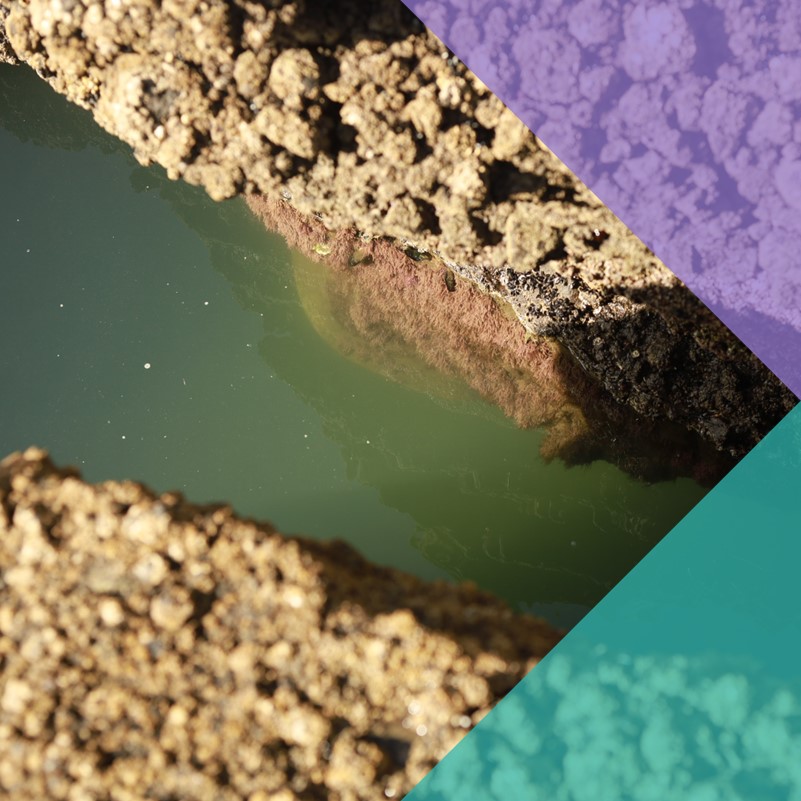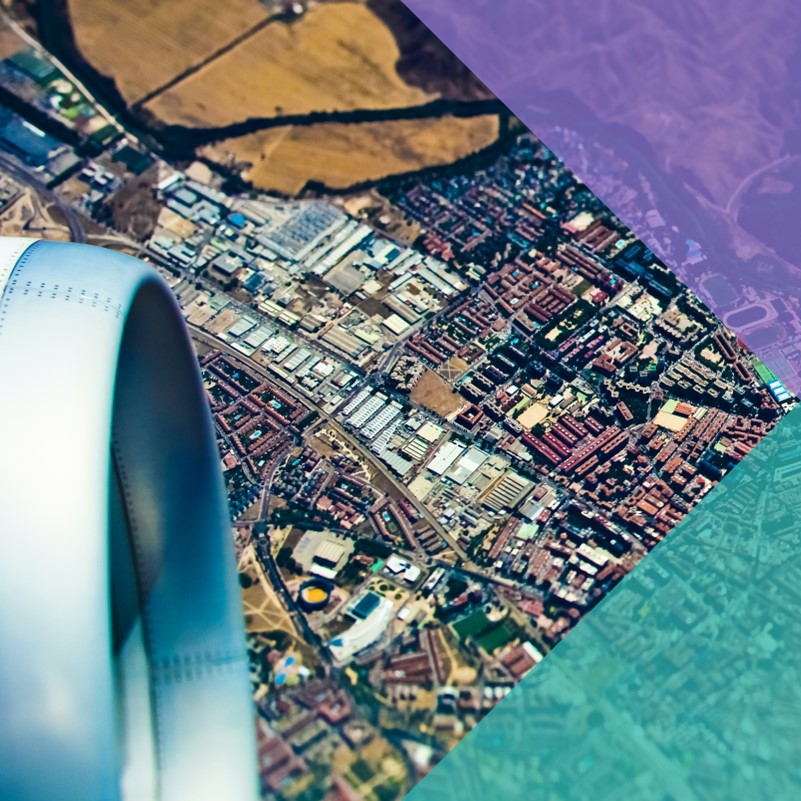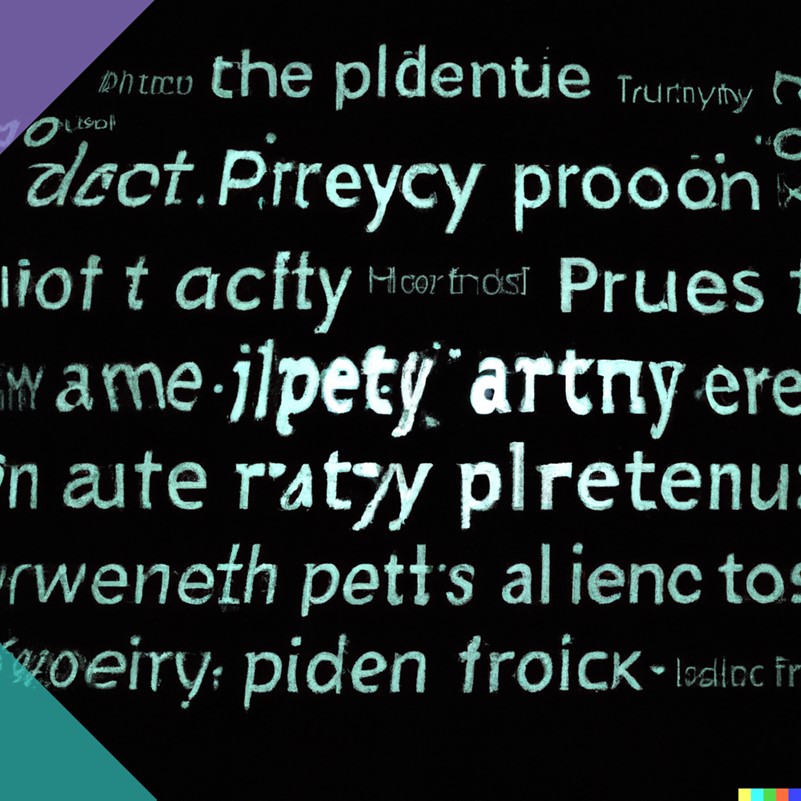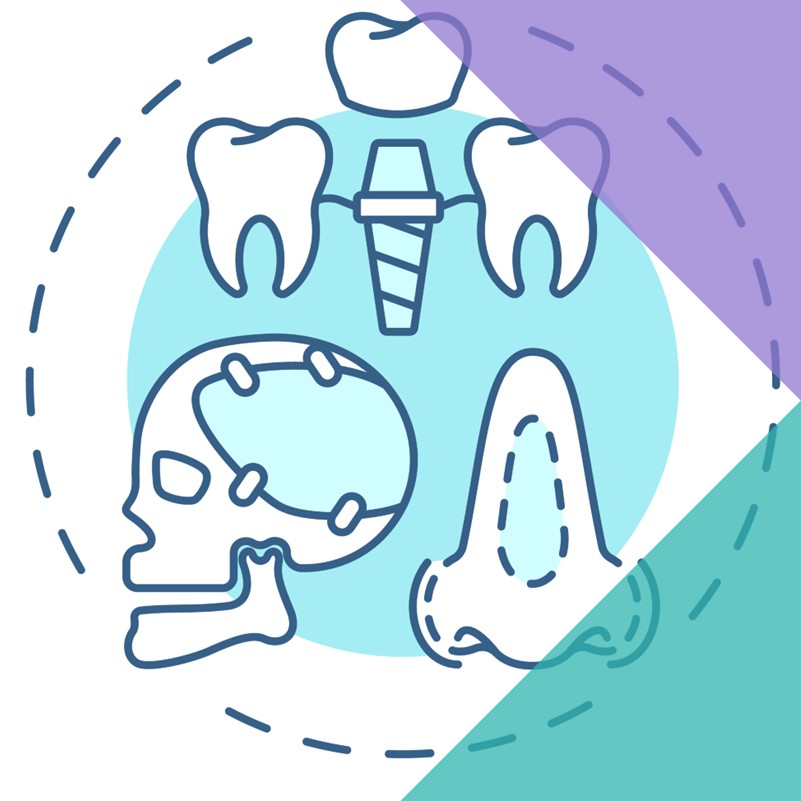Archives as Inclusive Spaces
How do neurodivergent archive users use and experience archives? How do we make archives more accessible for neurodivergent users?
How do neurodivergent archive users use and experience archives? How do we make archives more accessible for neurodivergent users?
How does a qualitative, embodied approach to understanding/knowing water can be explored alongside the quantitative environmental data? How can we imagine and (re)-story water / rivers? What would a caring policy towards water look like? Is there a new space for policy within this affective domain between bodies and rivers?
How can researchers explore Caribbean storytelling and folklore as a social act of human self-possession, a means of sharing experiences, and a mode of affirming values? How have these storytellings been captured in archives and how are they told today?
What does it mean to be an Irish Bristolian today? What is the history and heritage of the Irish in Bristol? How can processional arts be used to understand unwritten pasts and speculative futures?
Could rocks and samples held in geological collections, their associated histories and related indigenous worldviews help us all begin to understand more fully our relationships with the land and our planet, our past and global future, our cultural and natural heritage?
How might historical, ecological and artistic practices inform contemporary night-walking? What does the presence of a feminine nightwalker do to the city, and our notion of cities at night?
How can health researchers, film researchers, charity organisers, and the south Asian community work together to promote inclusion of marginalised communities in healthcare research by using co-creation methods and visual media?
How can researchers come together to form a network to reestablish Léon Brunschvicg as one of the preeminent philosophers at the turn of the 20th century?
How have different disciplines and creative practices approached the multiple temporalities of the Anthropocene? What creative techniques can we use to engage students and publics with the challenges of planetary environmental change?
What agency is afforded to queer people when imagining future technological development? How can we develop creative practices that bring queerness to the forefront of re-inventing approaches to technology?
How can we explore the ethical considerations of using AI to create art? Could AI provide a crucial tool for poets with access needs to write and create?
What social and cultural significance does growing, brewing, and drinking hold for the residents of care homes? What role might activities orientated around growing, brewing and celebrating the cultural heritage of beer play in supporting wellbeing and social connection? How might such activities challenge and disrupt dominant cultural representations of life with dementia in a care home?
What participatory arts-based methods support migrants in getting involved with the outcomes of participatory research projects and make space for their experience to be voiced by them?
How will reconstructive prosthetics adapt to future environments? How can creative methodologies and interdisciplinary co-design help answer this question?
How does the past influence the stories we tell about queer life in the present? What are the effects and by-products of living through and/or living in the aftermath of a moment of restriction and repression on sexual identity?
How can researchers co-create with with community members and "thought leaders" to explore philosophical questions on thought and consciousness?















